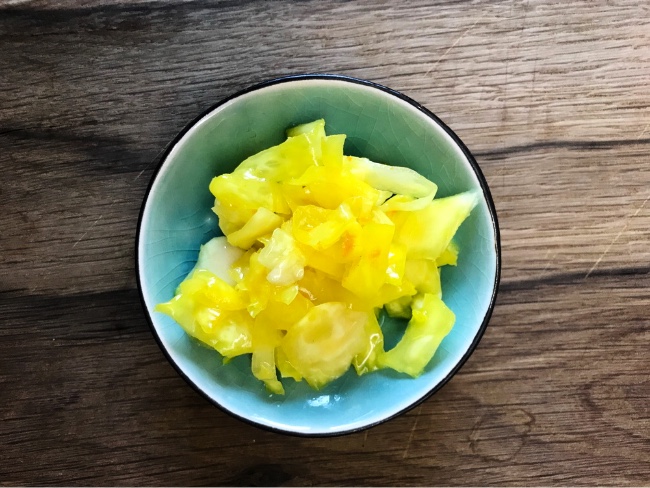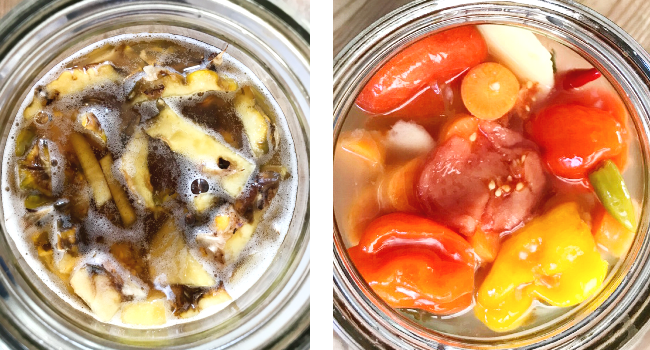Preserving and enhancing through fermentation – do it yourself!
Those of you acquainted with a more progressively-orientated gastronomy will already be familiar with terms like kimchi and kombucha. These are not trendy novelties, but traditional artisanal methods of preserving and enhancing our food. Soil to Soul brings you closer to fermentation with the Fermentista-Festival!
René Redzepi, founder of the legendary Noma restaurant in Copenhagen, is regarded as the guru of New Nordic Cuisine. Together with several colleagues, Redzepi has profoundly influenced what we eat today in countless – usually vegetarian or vegan – restaurants: A cuisine focusing on regional produce that is either used in season or preserved by means of fermentation.
In his definitive book “The Noma Guide to Fermentation”, Redzepi delves deep into the different types of fermentation he discovered for use in his restaurant: From wild garlic flowers pickled like capers in brine to an oyster marinated in kimchi water by the legendary chef David Chang, the recipes are endless.

All about fermentation
But what exactly is fermentation? Put in the simplest and most basic terms, it is the modification of a foodstuff through the use of micro-organisms. Bacteria, moulds, yeasts or a combination of all three break down nutrients at a molecular level to create new substances. In beer, for example, sugar from barley malt is fermented into alcohol and carbon dioxide. Kimchi, on the other hand, is made when lactic acid bacteria metabolize the sugar found in shredded cabbage into lactic acid, this in turn makes life difficult for other bacteria, which would essentially rot the cabbage. Simultaneously, the hard work done by the lactic acid bacteria makes the cabbage easier to digest and the fermentation process adds heaps of new flavour (regular readers of our magazine will already know that fermented foods also have a positive effect on the biodiversity of our intestinal microbiome). Even our beloved soy sauce is the product of a fermentation process, not to mention bread – many households have now turned to using their own sourdough starter instead of adding commercially produced yeast to their bread recipes. Ultimately, and without us even being aware of it, fermentation plays an important role in our cuisine – but, “thanks” to the food industry, this fact now barely even enters our thoughts. Getting to grips with fermentation helps to avoid masses of food waste and makes it easier to cook with seasonal and regional produce.

The Zurich-based culinary activist Franziska Wick first gave a systematic demonstration of the aspects of fermenting on a domestic scale at Zurich’s GZ Oerlikon in 2021 during the inaugural Fermentista Festival. She is set with her Fermentista Academy and the international spin-off Wild Pulse to become an integral part of the upcoming edition of Soul to Soul. You can, however, begin following in the footsteps of René Redzepi and other star chefs right now by checking out her online courses and learning how to ferment your own kimchi, drinks and veg.
SAVE THE DATE
September 15 - 17th, 2022 Fermentista Festival as part of the Soil to Soul Symposium!
Join Franziska Wick’s courses here
Order René Redzepi’s “Bible” here
© Image 2|3: Franziska Wick

